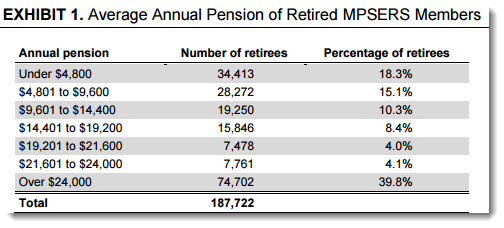Reblogged from CURMUDGUCATION
It is one of the least surprising research findings ever, confirmed now by at least two studies– students would do better on the Big Standardized Test if they actually cared about the results.
One of the great fantasies of the testocrats is their belief that the Big Standardized Tests provide useful data. That fantasy is predicated on another fantasy– that students actually try to do their best on the BS Test. Maybe it’s a kind of confirmation bias. Maybe it’s a kind of Staring Into Their Own Navels For Too Long bias. But test manufacturers and the policy wonks who love them have so convinced themselves that these tests are super-important and deeply valuable that they tend to believe that students think so, too.
Somehow they imagine a roomful of fourteen-year-olds, faced with a long, tedious standardized test, saying, “Well, this test has absolutely no bearing on any part of my life, but it’s really important to me that bureaucrats and policy mavens at the state and federal level have the very best data to work from, so I am going to concentrate hard and give my sincere and heartfelt all to this boring, confusing test that will have no effect on my life whatsoever.” Right.
This is not what happens. I often think that we would get some serious BS Test reform in this country if testocrats and bureaucrats and test manufacturers had to sit in the room with the students for the duration of the BS Tests. As I once wrote, if the students don’t care, the data aren’t there.


